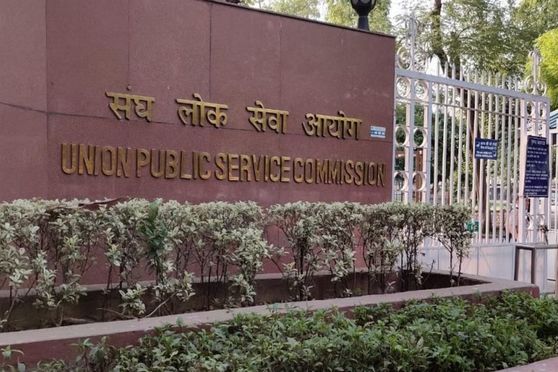UPSC is more about conceptual clarity than just mugging up, says expert


UPSC Civil Services Examination (CSE) is without a doubt, one of the most highly-competitive and prestigious tests in the country. Every year, several lakhs of aspiring candidates fill out the applications for different exams under the UPSC, but only a few succeed in cracking it.
The UPSC exams’ uncertain nature, its mammoth syllabus size, along with the fact that there are only around 1,000 vacancies in total, often make preparing for it a very daunting experience for candidates.
Moreover, the exam has three stages - preliminary exam (objective), main exam (written), and interview (personality test). Therefore, just mugging up the several topics and points around the syllabus is not going to be enough for success in it.
Rather, candidates must prepare for it thoroughly understanding all concepts, and replicate their learnings in the actual examinations to do well.
Here are some expert tips for candidates to follow:
1. SCANNING CORE SYLLABUS & DEVELOP EXAM STRATEGIES
One of the biggest challenges of the UPSC CSE is that candidates need to go through an extensive list of topics in various fields to have a chance of success.
However, while it may seem like a mountain to climb, proper planning through the help of scanning the entire syllabus goes a long way in preparing for the exams.
Scanning the UPSC syllabus helps you in understand your core strength areas as well as the things that you need to work on. Once, you’ve understood that you can follow it up by checking previous years’ question papers. This will help you in knowing where you stand in terms of learning and how much time you need to prepare for the exam.
2. DEVELOP A CLEAR UNDERSTANDING OF TOPICS THROUGH RIGHT SOURCE MATERIALS
Memory power is indeed a key ingredient in cracking the UPSC CSE examinations. However, it is equally important to be able to comprehend each topic and explain it in proper detail under the strict word limit and time restrictions.
Often, candidates rely on many guides and handbooks to study for the exams during the early stages. Instead, you should refer to standard textbooks to develop a proper understanding of each topic.
The road to UPSC success starts with picking suitable source material, as in the case of the school-level NCERT books. You should start with these books to have a comprehensive understanding of the basics. Once you have mastered it, you are free to move to other source materials.
3. PRACTISE WRITING
Just reading for the exams will not cut it if you want to crack UPSC. You must focus on your writing skills as much as your reading. Attaining high marks in the Main exams is dependent on your writing ability. You not only need to write fast to attempt all questions, but the writing also needs to be grammatically correct.
You don’t need to be a literary genius to have excellent writing. All you need to do is to practice writing in such a manner that you are able to smartly explain, discuss, and elaborate answers to complex questions in simple and jargon-free language.
If you feel your handwriting is difficult to read, you must practice writing at least 500 words on a daily basis from the get-go. Later, you can start attempting questions from the previous years' papers and mock tests.
4. GAIN COMPREHENSIVE KNOWLEDGE OF THE INDIAN CONSTITUTION
Candidates appearing for the UPSC Mains examination are required to have a thorough knowledge of different fields like history, general knowledge, politics, and others.
To secure high marks in the Prelims, Mains, and even the interview, it becomes crucial for candidates to have a good understanding of the Indian Constitution.
There are around 450 Articles in the Indian Constitution, and while you don’t need to remember all of them, it is very essential to have a clear-cut understanding of all the political concepts to ace UPSC.
The candidates must be thoroughly briefed about the nature and salient features of the Indian Constitution, which includes Fundamental Rights, judicial review and activism, federalism, Separation of Powers, and others.
A clear understanding of Article 1, Article 3, Article 14, Article 19, Article 21, Article 25, Article 32, Article 51A, Article 54, Article 55, Article 72, Article 161, and Article 280, is crucial before attempting the exams.
5. DEVICE EFFECTIVE LEARNING & REVISION TECHNIQUES
The UPSC CSE syllabus can often be intimidating for any candidate. Often, it takes strict and dedicated long hours of studying for more than a year for candidates to cover the entire syllabus.
However, even when you’ve managed to finish it, you need to follow it up with timely revisions to not forget what you learned. This can be very physically and mentally taxing, and therefore, it becomes crucial for all candidates to devise techniques around it.
This can be done by developing successful shortcuts wherein you seek the best method of summarizing long texts, making quick notes, and explaining them.
Moreover, you can also follow a timetable, set daily targets, assign strict revisions daily, and also practice answer writing for prelims and mains every now and then.